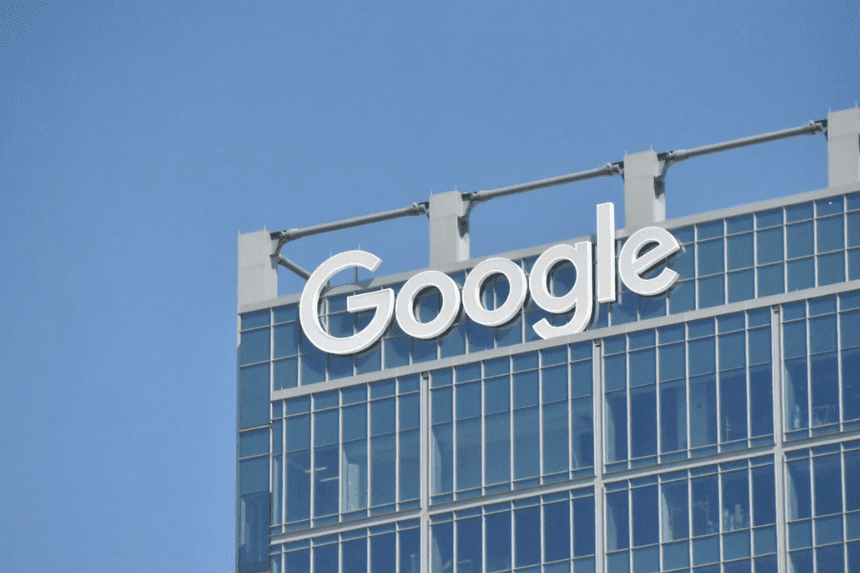A US federal court has ordered Google to pay $425 million for violating the privacy of millions of customers. The case came about because people said that Google kept gathering data from users’ devices even after the consumers turned off tracking in their accounts. This case is one of the biggest privacy claims against a digital giant, and it brings up worries about user permission and data protection. Google has said it will appeal, saying that it respects consumers’ decisions over their privacy.
What did Google do that broke people’s privacy?
The lawsuit said that Google was still able to access and collect user data even after users switched off the Web & App Activity tracking feature. The plaintiffs said that this approach broke privacy agreements and let Google watch what people did on their devices across hundreds of thousands of apps, including big ones like Uber, Amazon, and Facebook. The jury found Google guilty on two out of three privacy claims, but they did not say that the business acted with bad intent. Here is the link to our article on the Google discrimination settlement.
How many people were affected by the lawsuit?
In 2020, a class-action lawsuit involved about 98 million Google users and 174 million devices. The plaintiffs wanted more than $31 billion in damages, making this one of the biggest privacy disputes in US history. The case’s size shows how worried people are about how big digital companies handle personal data.
What does Google think about the lawsuit’s decision?
Google says that its privacy features let consumers control their own data. The company stressed that it respects the option when personalization is turned off and that the data it collects does not identify anyone. Google said it will appeal the verdict because it thinks it doesn’t understand how its products work or how privacy rules are applied. Here is the link to our article on Chrome data ruling.
What effect does this lawsuit have on Google’s operations and cases against its competitors?
This decision comes after previous legal problems for Google, such as a federal judge’s ruling that the company doesn’t have to sell its Chrome browser but does have to share data with competitors. People are still watching the company closely since it is the leader in online search and advertising technologies. These prosecutions are part of a bigger push by regulators to deal with worries about monopoly power and consumer privacy in the digital industry.
Final Thoughts
The Google privacy lawsuit is an important step in making sure that companies are responsible for how they handle user data. It shows how important it is for tech products to be open and respect users’ privacy choices. As Google appeals this ruling, the case shows that privacy is still very important to both consumers and regulators.







